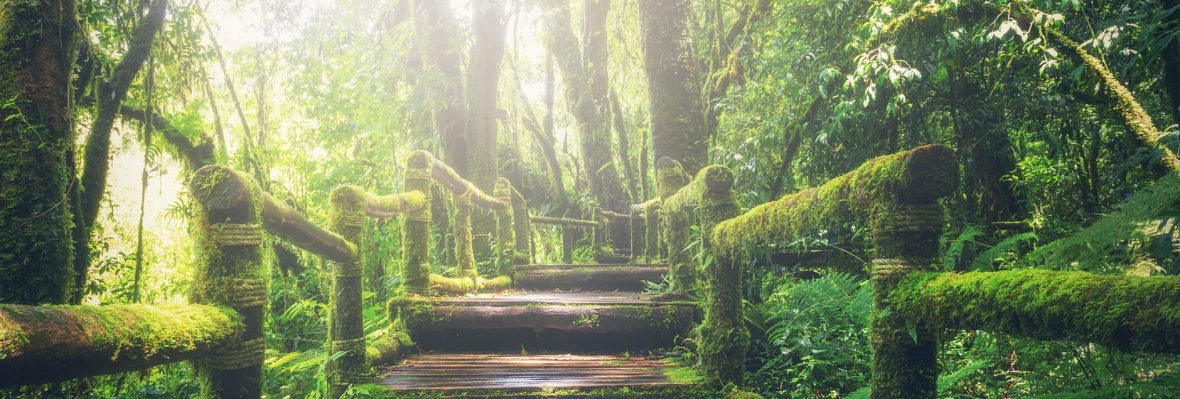Stage 1: “It doesn’t exist”
Stage 2: “Okay maybe it does exist, but it’s just part of the natural cycle of the earth.”
Stage 3: “Okay, humans may be causing climate change, but the impacts are too minor and distant to be concerned. It’ll just be a few dead frogs.”
Stage 4: “Ah – we’re all going to die and there is nothing we can do about it.”
Stage 5: “Ok so we have a problem, now maybe we can get on and make some money out of it.”
The cost of climate change impacts (e.g. extreme weather events) are significant and becoming more so. Maybe this is actually an opportunity to develop new industries around climate mitigation and adaptation. This was the topic of an interesting discussion following a presentation given by Chris Rapley[AL1] , Professor of Climate Science at University College London, and Barry Brook, Professor and Director of Climate Change Research University of Adelaide (check out his blog[AL2] ) during a public forum on ‘Beyond the Carbon Tax: Science, risk and Reality’ hosted by the Committee for Economic Development of Australia[AL3] , Adelaide, November 2012.
See another famous denial paradigm ‘Hy-Brazil isn’t sinking’ from Eric the Viking
[AL1]http://www.ucl.ac.uk/es/people/staff/academic/rapley
* Copyright information on the image above can be found here.


The fifth stage: “Glub.”
Reminds me of a scene from Erik The Viking, where the population stands around singing while the island sinks (very very quickly). “No, no problems here, thank you”.
The fourth stage is”global warming is real but we can’t do anything about it.”
Maybe the fourth stage is ‘global warming is real but we choose not to do enough about it’
However if the cost implications of climate change become high enough (storms, sea level rise) then an economic incentive to mitigate global warming should kick in
Perhaps I read too much dystopian fiction, but what I’m concerned about is that, when the facts and the cost implications become difficult to ignore, there won’t be an economic incentive to mitigate change. Instead, there will be a concerted effort on the part of the First Worlders to insulate themselves, leaving the Third World to suffer the consequences (as ever).
Humans have a strong resistance to changing their ways, as evidenced by the number of civilisations that have followed their habitual way of life into collapse.
Reblogged this on oceanNRG.
Many thanks, oceanNRG.